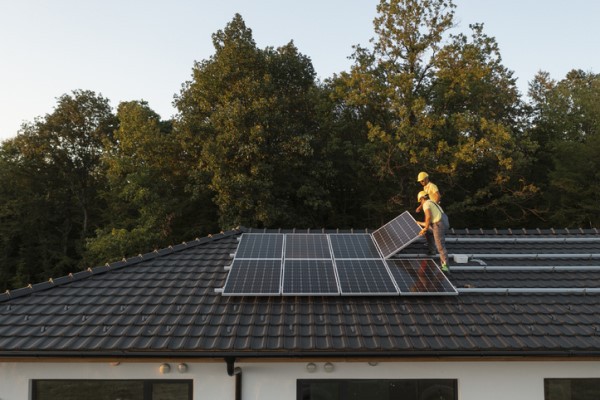Roadmap provides a pathway for domestic solar manufacturing
An industry roadmap for domestic solar manufacturing supported by the Australian Renewable Energy Agency (ARENA) outlines a credible pathway for Australia to build domestic supply chains from raw material processing to module manufacturing.
The report titled Silicon 2 Solar (Roadmap) was developed by the Australian Photovoltaic Institute (APVI) working with Deloitte and a group of key industry stakeholders including The Australian Centre for Advanced Photovoltaics (ACAP), AGL, Aspiradac, Energus, Siemens, SunDrive, Tindo Solar and 5B.
ADVERTISEMENT
Australia is a major contributor to solar research and development and a major market for solar but currently lacks any significant domestic manufacturing capability and is heavily reliant on other markets for a supply of low-cost solar modules.
ARENA chief executive officer Darren Miller says the roadmap provides a clear vision for Australia’s role as a nation that can manufacture cutting edge solar technology across the supply chain, leveraging some of Australia’s competitive advantages in the sector.
“Australia has already demonstrated its capacity to manufacture advanced technology in other sectors. Solar PV represents an enormous opportunity to apply our skills to a sector that will play a critical role in Australia’s clean energy economy,” Darren says.
“A number of Australian companies have already stated their ambitions to develop local manufacturing of solar at scale and Silicon 2 Solar illuminates the policy and investment pathway to make these bold plans a reality.”
The roadmap focuses on Australia’s potential to manufacture the current leading solar technology based on crystalline silicon solar cells. Australia will also have the potential to commercialise more novel solar technologies as they reach technical and commercial maturity.
Based on detailed technoeconomic analysis for each stage in the solar supply chain, the roadmap provides a framework for Australia to become a viable solar manufacturer and examines four key steps in the supply chain, extending from polysilicon production through the productions of ingots and wafers, followed by the manufacture of solar cells and modules.
Each step in the supply chain involves a number of challenges, but the roadmap indicates that Australia has the capacity to participate successfully in each stage of the supply chain.
As Australia significantly ramps up its rate of solar installations from current levels of approximately 5GW per annum, it will be critical to maintain reliable and diversified sources of supply. By contributing towards global supply chains, Australia will reduce the potential risk to its required energy transformation and also play a greater role in the world’s net zero ambitions.
-
ADVERTISEMENT
-
ADVERTISEMENT


